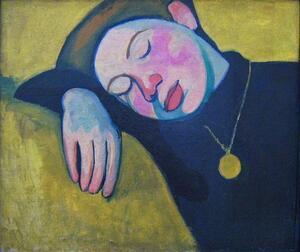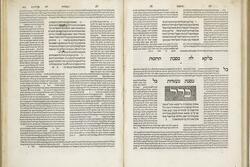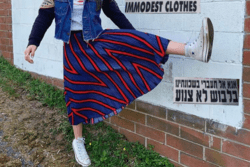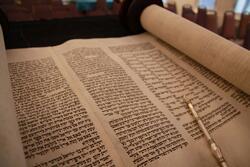Blu Greenberg: Making a Home at the Intersection
The intersection between modern feminism and observant Judaism has always been a place of complexity for me. I value halakha (Jewish law), although at times it feels discriminatory towards women. I have a passion for learning Tanakh (Biblical text), but the stories of our great male leaders treating their wives as property makes me shift in my seat in the Beit Midrash.
I recently learned that I am not alone in this struggle; Blu Greenberg found herself at the same intersection. As a young Jewish woman growing up in Seattle, her parents greatly valued her and her two sisters’ Jewish education. In fact, they moved their whole family to Queens just to be able to continue their Jewish education. Greenberg soon found a love of learning Torah.
When Greenberg later got married and had five children, she felt that the family responsibilities that tend to fall on women were holding her back from her ability to study Torah. She faced this issue head on and dedicated her life to engaging with the complexity.
She wrote books on women and halakha, possibly the most uncomfortable topic for Jewish feminists. Halakha tends to obligate men in more commandments than women: for example, while women are not required to fulfill commandments that are fulfilled at a specific time of day, men are; when it comes to divorce, the man has to allow the woman to leave the marriage by giving her a get, and without one, she cannot officially divorce.
Greenberg’s most famous quote inspires an empowering approach to these types of halakhot: “Where there is a rabbinic will, there is a halakhic way.” The way to balance equality and rabbinic halakha is through work to empower women within the halakhic system. She reflects in her writing that the Talmud we learn today is comprised of the same thing: working within a system of rules to find loopholes and be lenient towards contemporary issues. I find this empowering because, not only does it pose a solution to seemingly discriminatory halakhot, but it uses the halakhic system itself, the system many feminists see as demeaning, to empower women.
Blu Greenberg continues to live a life that proves that accepting the discomfort of this intersection is empowering. To accept both feminism and Judaism together is to say that I embrace the complexity of the issue, because the more I grapple with it, the closer I get to finding a truth that I want to live. A truth that holds both values high, and together.
As well as looking up to Blu Greenberg for finding this balance, I find a comfort in knowing that I am not alone in valuing halakha as a feminist. I respect completely Jewish women who choose to disregard it, and Jewish women who were never observant but still take pride in being Jewish. But I grew up observant, and, for me, halakha is more than just a set of laws; it is the traditions of my people that have been passed down from generation to generation. It is a way of life that for me, sets me apart as Jewish. It is my history, and I intend for it to be part of my future. I will make a home for myself at this intersection.
This piece was written as part of JWA’s Rising Voices Fellowship.






